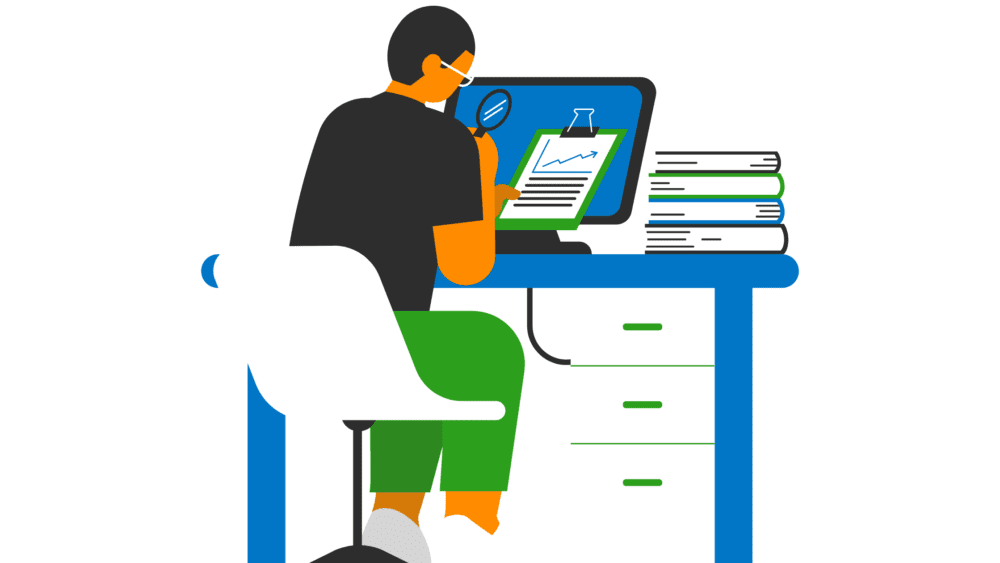Did you know that at the end of the 2021 financial year, businesses owed the ATO about $10.7 billion dollars of GST they collected and never paid to the ATO? And that’s just the GST debt! But it probably makes you feel slightly less stressed about your debts in comparison, right 😉
We all know that businesses got hit hard during COVID and as a show of support the ATO basically gave businesses a free pass on paying taxes for almost 2 years. It might have seemed like a generous thing at the time, but really all it did was condition business owners NOT to pay their taxes, even if they could afford to…sound familiar? Did you stop paying your BAS and income tax bills because you knew nobody was going to be chasing you…?
Looking back now, it probably doesn’t feel like it was such a blessing because you’ve probably got a huge chunk of money you owe to the ATO and they are absolutely on a mission to get it back now. You’re paying interest every month plus you’ve got new bills to pay each quarter so if you do nothing, the debt is going to continue to grow.
Now, we don’t highlight this just to freak you out, but it is important to understand the situation that you are facing because it’s only going to get worse if you don’t make some changes. After all, if there’s one thing we know for sure, the tax office won’t just let you off the hook. You will have to pay the debts back eventually, so it’s much better to take charge, be proactive and avoid things snowballing even further down the line.
How did I end up owing so much to the ATO?
If you are like the majority of business owners we see in debt, I would say overwhelmingly the reason that you are behind in paying your taxes is because you are spending more money than you should. Simple as that. Now that doesn’t mean you aren’t making enough money or your business isn’t profitable. You are just spending money that you should be putting aside to cover things like taxes.
Let me ask you,
- Do you know what your weekly or monthly business expenses are (on average)?
- Do you put money aside for taxes and other bills on a regular basis?
- Do you keep track of (and review) how much GST you have collected at any point in time?
- Do you routinely check how your profits are looking?
- If you have employees, do you put aside money to cover the tax and super on their wages?
If you answered no to any (or maybe all!) of these questions, then you definitely need to keep reading.
Don’t get me wrong, I know that keeping your books up to date, managing your cashflow and thinking about tax isn’t just time-consuming and complicated – it is mind-numbingly boring (unless you’re us of course!). It is the absolute last thing you want to think about when you’ve finally got a spare second to sit down and take a break…
So what’s the solution?
Separate. Your. Money.
That’s it – no restrictive budgets or complicated spreadsheets (unless you like that kind of thing). Just put the money out of sight where you aren’t tempted to spend it.
The most logical way to separate your money is to move it into a different bank account, where your debit card can’t reach it! And almost immediately you will start to see some positive changes..
- suddenly when you get a deposit into the bank account you know that you can’t just spend it all. Some will go aside for tax or GST etc.
- pretty soon you won’t even realise that there is less money staying in your operating account because you can’t miss what you don’t really see.
- you automatically adjust your lifestyle to fit within the amount of money you have available.
So what bank accounts do I need?
To make this work, you need a minimum of three bank accounts. And the good news is, most banks will allow you to setup additional accounts online, so you can get this ticked off easily in an afternoon.
The first bank account you need is an operating account. This is pretty self-explanatory, but if you already have a bank account that you use for your business this should be known as your operating account from here on. Just keep in mind, this account can only be used for business transactions and needs to be in the name of your business (ie attached to your ABN). If you don’t have an account setup like that, then it’s probably best to open a new one to be on the safe side.
The second essential account you need is a BAS account. The reason we don’t call this a straight-up GST account is because lots of businesses pay a range of things to the ATO on the BAS – things like PAYG Withholding, PAYG Instalments plus the net GST. While you could have separate bank accounts for all of these items, it’s usually unnecessary and just adds more work – and why overcomplicate things?! The purpose of this account though is to put aside money on a weekly basis to cover your BAS bill, that way you won’t get a nasty surprise at the end of the quarter.
The third essential account you need is the income tax account. One thing that you might not have considered (or you have been avoided thinking about) is that you are now responsible for putting aside money to pay your own tax. If you’ve been an employee in the past, you kind of get used to someone else thinking about the tax, putting some aside and just giving you what’s left. In transitioning to paying yourself, you’ve got to make sure you take out the tax first and then only spend what’s left.
Just as a heads up, if you are a new business it can be 12 or even 18 months before you need to pay any income tax on your business profits. If you haven’t been putting anything aside to cover the income tax you might end up getting a very unwelcome call from your accountant. So realistically, you need to be putting money aside for income tax straight away, even if it is just a small amount. You can always adjust the amount as you go along, but start now and you won’t have to dread that phone call from your accountant. Or even worse, the ATO!
Beware of the temptations!
Having the right bank accounts is important, but actually using them and sticking to the plan is critical! If you are putting money aside into your Income Tax account, don’t go dipping into it to pay for other expenses. I know that you think it’s temporary and you’ll certainly convince yourself that you will “put the money right back” but trust me, it’s a slippery slope.
So get these accounts in place, automate the process for transferring funds and pretty soon it’ll become a habit that takes less than 10 minutes a week. And the confidence and control you’ll have will be life-changing. Are you ready to leave the stress behind and get on with what’s important?


Comments are closed.